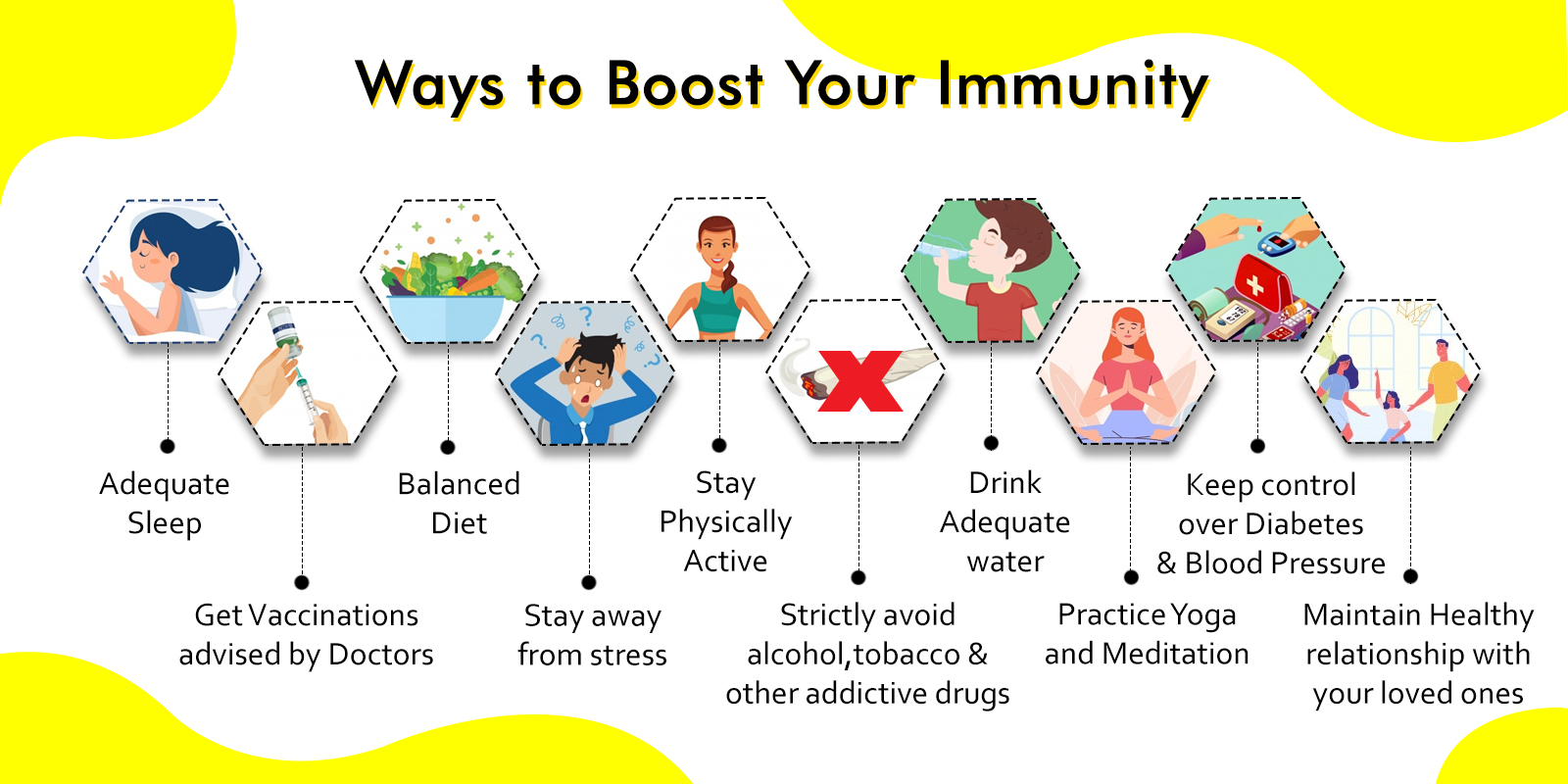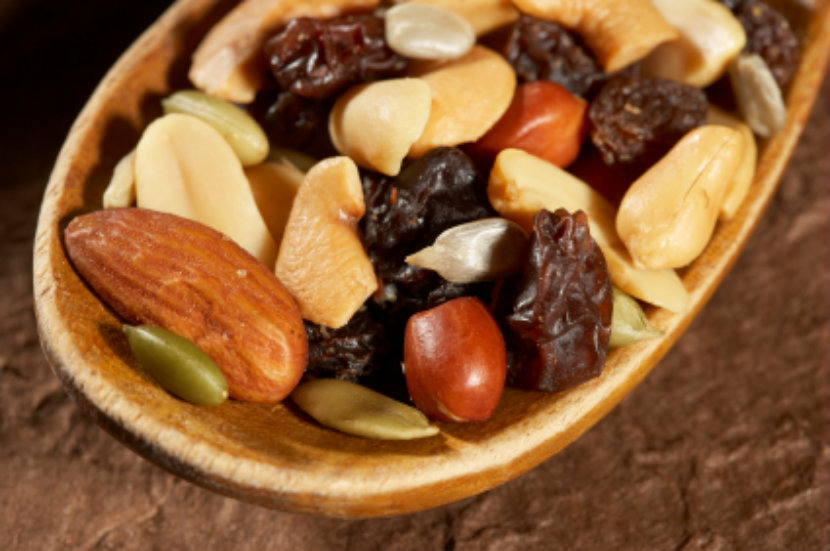
Hydration Boost: Strengthening Immune Health Naturally
Proper hydration is a cornerstone of overall well-being, and it plays a pivotal role in supporting a robust immune system. Explore effective ways to boost immune health through hydration, incorporating simple habits that contribute to your body’s natural defense mechanisms.
Understanding the Link Between Hydration and Immune Health
The connection between hydration and immune health is profound. Water is essential for various bodily functions, including the production and circulation of immune cells. Dehydration can compromise the immune system’s ability to defend against pathogens. Understanding this link emphasizes the importance of maintaining adequate hydration.
Prioritizing Water as the Primary Hydration Source
While various beverages contribute to overall fluid intake, water should be the primary source of hydration for immune health. It is pure, calorie-free, and plays a fundamental role in facilitating biochemical processes essential for immune function. Aim to consume an adequate amount of water throughout the day.
Incorporating Immune-Boosting Infusions and Teas
Enhance your hydration routine with immune-boosting infusions and teas. Herbal teas, such as chamomile, ginger, and echinacea, offer both hydration and potential immune-stimulating properties. Experiment with different flavors to find combinations that not only please your palate but also support immune health.
Adding Electrolytes for Optimal Immune Function
Electrolytes are minerals like sodium, potassium, and magnesium that play a crucial role in immune function. Adding electrolytes to your hydration routine, especially after physical activity or in warm weather, helps maintain the balance necessary for optimal immune response. Consider natural sources like coconut water or electrolyte-enhanced beverages.
Embracing Hydrating Foods for Nutrient Support
In addition to beverages, hydrating foods contribute to immune health. Fruits and vegetables with high water content, such as watermelon, cucumbers, and oranges, not only hydrate but also provide essential vitamins and antioxidants. Including these foods in your diet supports overall immune function.
Implementing a Hydration Schedule for Consistency
Establishing a hydration schedule promotes consistency throughout the day. Set specific times for drinking water, ensuring you maintain a steady intake. Consistent hydration supports immune health by optimizing the body’s fluid balance and enhancing the function of immune cells.
Avoiding Excessive Sugar and Caffeine Intake
While certain beverages contribute to hydration, it’s essential to be mindful of added sugars and excessive caffeine. High sugar intake can suppress immune function, and excessive caffeine may lead to dehydration. Opt for unsweetened beverages and moderate your caffeine intake for a balanced approach to immune-boosting hydration.
Using Hydration Apps for Personalized Tracking
Harness technology to support your hydration goals. Hydration apps can help track your daily water intake, sending reminders to ensure you meet your hydration targets. Personalized tracking encourages accountability and makes staying adequately hydrated a seamless part of your routine.
Hydrating Mindfully for Stress Reduction
Mindful hydration involves being fully present during the act of drinking water. Incorporate moments of mindfulness into your hydration routine, taking slow sips and appreciating the refreshing sensation. Mindful hydration not only supports immune health but also contributes to stress reduction, fostering overall well-being.
Prioritizing Hydration in Challenging Circumstances
In challenging circumstances, such as illness or stressful periods, prioritize hydration even more. These situations may increase the body’s fluid needs, and maintaining optimal hydration becomes crucial for supporting immune function. Listen to your body and adjust your hydration habits accordingly.
Conclusion: Nurturing Immune Health Through Hydration
In conclusion, the connection between hydration and immune health underscores the importance of maintaining a well-hydrated body. By prioritizing water, incorporating immune-boosting infusions, adding electrolytes, embracing hydrating foods, implementing a schedule, avoiding excessive sugar and caffeine, using hydration apps, hydrating mindfully, and prioritizing hydration in challenging circumstances, you can naturally strengthen your immune system. To explore more about ways to boost immune health through hydration, visit Ways to boost immune health through hydration.



